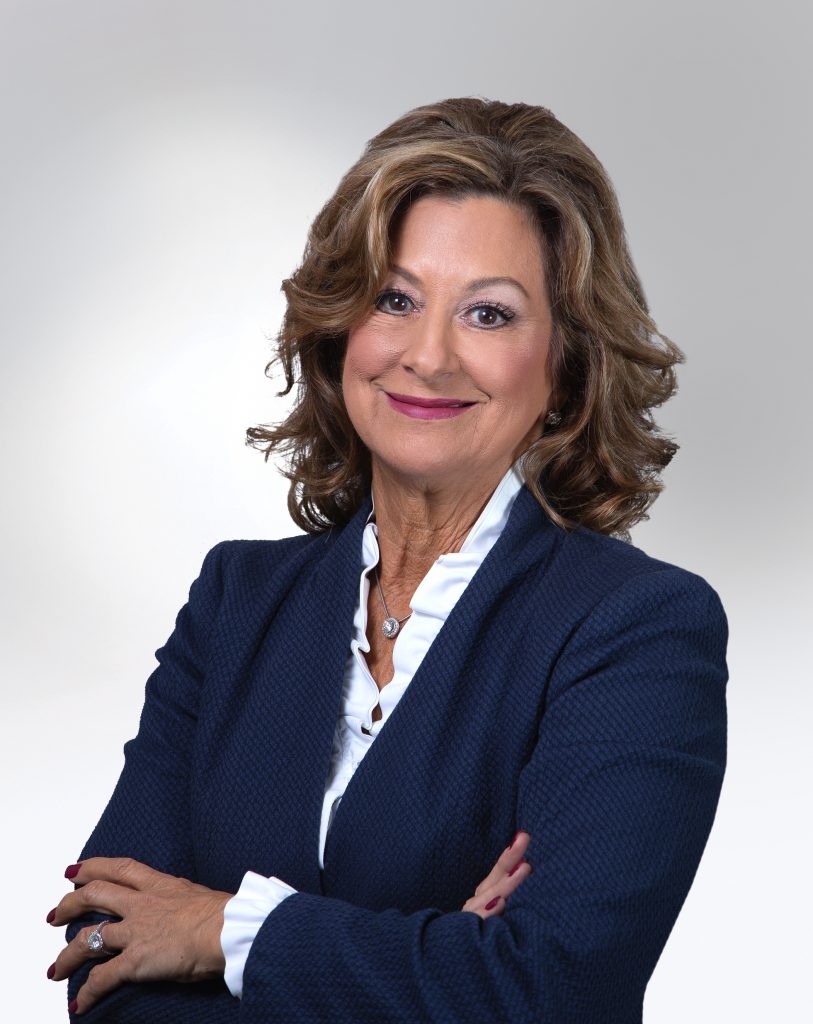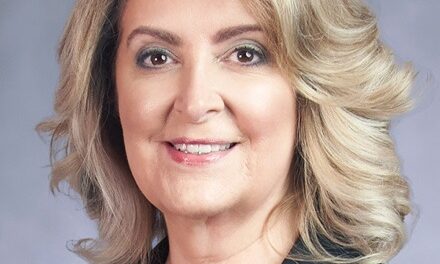By Maggie Hansen, RN, MHSc, BSN
COVID-19 didn’t cause one of the largest nursing shortages in our industry’s history, but it certainly made it significantly worse.

Maggie Hansen, RN, MHSc, BSN
More than two years of arduous and high-volume patient care in previously unimaginable circumstances has resulted in a generation of nurses taking earlier retirement or transitioning into other careers. That’s made what was already a challenging situation for healthcare leaders into a critical fight to continue to deliver safe and effective care. Nothing less than the current and future health of our patients hangs in the balance.
We must get creative to respond to the challenges of the workforce and that begins with narrowing the knowledge gap, the chasm between the increasingly complex patient care needs and the shrinking number of nurses who possess the necessary knowledge and ability to provide such care. In this journey, we must embrace innovation – not only in technology, but also improvements in delivery of care methodologies. This will help us reap the greatest benefits for patients while helping satisfy frontline nurses and leaders, now and in the future.
Growing Our Own
I believe the catalyst for positive impact must start by focusing on employee development. Growth and advancement are key to attracting, retaining, nurturing, and positioning RNs to succeed in difficult to recruit nursing positions. Last year, Memorial Healthcare System created an RN Fellowship Program – a formalized professional development opportunity and retention incentive for RNs desiring a transition into specialty practice.
Our initial offering in the nursing fellowship included three high demand specialties: critical care, emergency services, and oncology. The immense response from many nurses confirmed we were on the right path. We discovered common ground where participants had a strong desire to learn a new specialty and develop their abilities.
Today, the fellowship has grown to include 13 specialty practice areas, including NICU, PICU, adult and pediatric cardiovascular procedural areas, interventional radiology, surgical services, and family birthplace specialties. Our nurse residents are introduced to the program as a formal career pathway during their professional development seminar and are eligible to apply once they have graduated and completed their first year of practice.
Nurses come into the RN Fellowship program with a wide range of experiences that contribute to their success and that of the program. A prime example of this is Chastity Bartram, one of our very first RN Fellowship cohort nurses, whom I had the privilege to connect with recently. Chastity has been a nurse for 10 years. She worked on a stepdown unit for four years and then a mother-baby unit for 5+ years before applying to our RN Fellowship for Oncology nursing. Chastity was hired and serves as an Oncology nurse at the Memorial Cancer Institute Outpatient Infusion Center at Memorial Regional Hospital. She delivers compassionate and highly skilled care to our patients who require chemotherapy and other infusions. Like Chastity, all the nurses in the fellowship program have unique career paths, abilities, and perspectives to share.
Residency Options
In addition to the fellowship program, Memorial also offers an RN Residency program for graduated registered nurses who want to continue developing their nursing skills and later specialize in a clinical area through the fellowship. Both nurse residency and fellowship programs focus on leadership, patient outcomes, and professional roles that will enable nurses to have fulfilling careers. Our nurses utilize their skills at six hospitals, each offering diverse learning opportunities that actively contribute to the delivery of the patient and family-centered care that has been a critical part of our success.
Our profession faces many challenges, and many more will come. We must continue to innovate, focus on meeting the needs of caregivers, and proactively inspire the current and future generation of healers. If we do this together, we can transform nursing and continue to appropriately care for our communities in the years to come.
Maggie Hansen is senior vice president and chief nursing executive at the Hollywood-based Memorial Healthcare System (www.mhs.net), one of the largest public healthcare systems in the U.S. and a national leader in quality care and patient, physician, and employee satisfaction. She currently chairs the State of Florida’s Nursing Board.


























